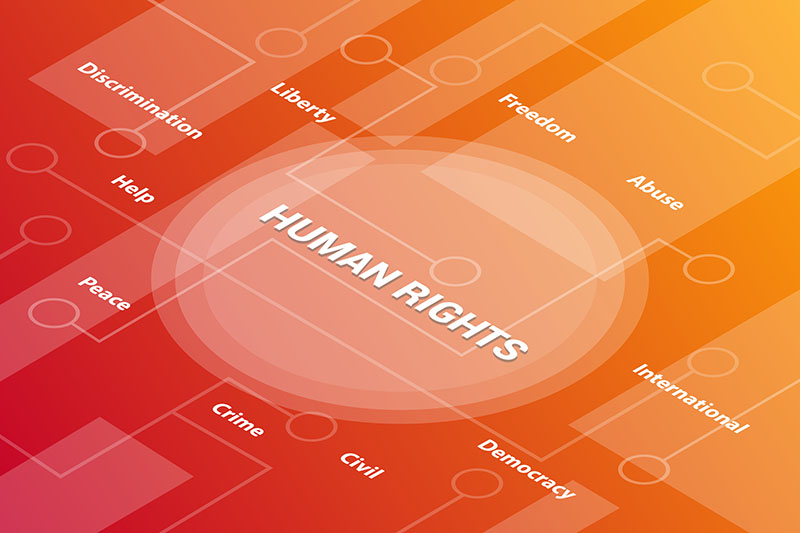Muslim Uyghurs, held in forced labor camps in China, have become front-page news. More recently, reports from human rights organizations reveal that many top American brands are using these labor camps as factories.
Some companies unknowingly include forced-labor component parts from tier two or tier three suppliers. Are there forced-labor parts in your products?
U.S. Customs has always banned imports made with forced labor or prison labor, but the issue with products from Xinjiang including tomatoes and cotton reaches deeper into supply chains. Tomatoes and cotton are raw materials for textiles and food. Cotton grown by forced labor in Xinjiang is sold to Chinese textile producers that in turn sell to Chinese apparel and other fabric manufacturers that may then sell the finished product to international brands.
Through extensive research, the Australian Strategic Policy Institute (ASPI) found that participating factories were in the supply lines of at least 83 American and international brands including Apple, Nike, Amazon, Victoria’s Secret, and Nintendo – perhaps unknowingly engaging suppliers running Uyghur factories in Xinjiang Province, China or incorporating components made in forced-labor factories.
There are about 12 million Uyghurs, mostly Muslim, living in Xinjiang, which is officially known as the Xinjiang Uyghur Autonomous Region (XUAR). Uyghurs speak a unique language, which is similar to Turkish, and regard themselves as culturally and ethnically closer to Central Asian nations than China.
Human rights groups believe China has detained more than one million Uyghurs against their will over the past few years in a large network of what the state calls “re-education camps.” Recent human rights reports have revealed that many of these Uyghurs are being rented as slave labor to Chinese manufacturers producing products for well-known American companies.
Most of the American companies likely had no prior knowledge of this forced-labor issue. Even companies like Apple, whose global supply chains have some of the highest labor standards in the world, discovered forced labor in some of their factories.
Trade with China actually increased during the pandemic despite new restrictions, an ongoing trade war, tariffs that remain as high as 25%, and a damaged relationship with the U.S. But due to Covid 19 travel restrictions, a slow-down in China oversight visits by U.S. companies resulted in the loss of control. Asian trade is showing little sign of slowing. South Korean, Taiwanese, and Chinese exports to the U.S. all at records in September October.
The Lesson for Supply Chain Professionals
The lesson here is very clear: You must actively control your supply chains. It is not enough to initially audit and certify your factories and suppliers. Active oversight must be an ongoing effort with in-depth reviews of labor practices. Your quarterly audits of tier 1, tier 2, and tier 3 (maybe more) suppliers need to be deep dives and effective at ferreting our violations. Supply chain managers may even want to engage a trusted auditor in China to visit the factories often, in between quarterly audits.
We have a responsibility to assure our global supply chains are ethical, safe, and lawful.
SC
MR


Latest Supply Chain News
- Few executives believe their supply chains can respond quickly to disruptions
- Technology’s role in mending supply chain fragility after recent disruptions
- Tech investments bring revenue increases, survey finds
- Survey reveals strategies for addressing supply chain, logistics labor shortages
- Israel, Ukraine aid package to increase pressure on aerospace and defense supply chains
- More News
Latest Podcast

 Explore
Explore
Business Management News
- Few executives believe their supply chains can respond quickly to disruptions
- Technology’s role in mending supply chain fragility after recent disruptions
- Survey reveals strategies for addressing supply chain, logistics labor shortages
- How CPG brands can deliver on supplier diversity promises
- How S&OP provides the answer to in-demand products
- AI, virtual reality is bringing experiential learning into the modern age
- More Business Management
Latest Business Management Resources

Subscribe

Supply Chain Management Review delivers the best industry content.

Editors’ Picks




